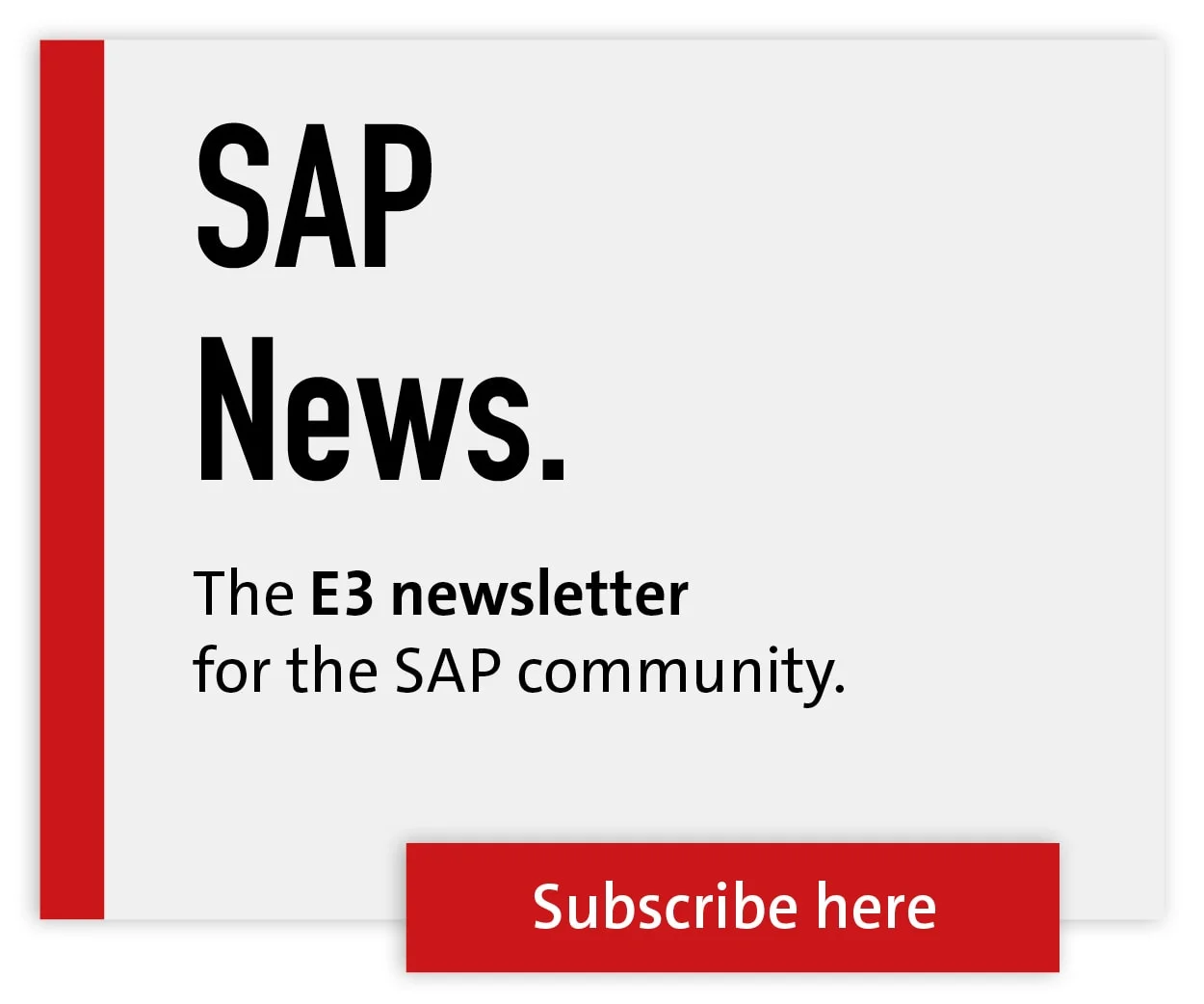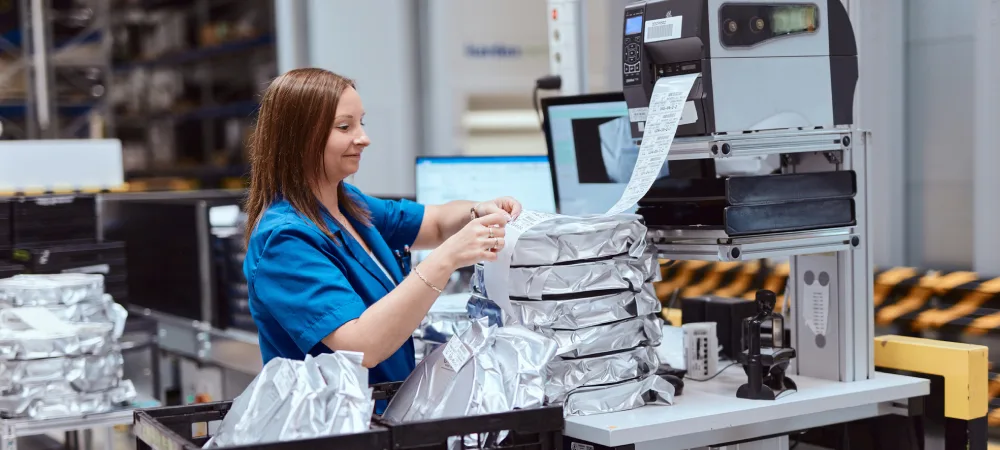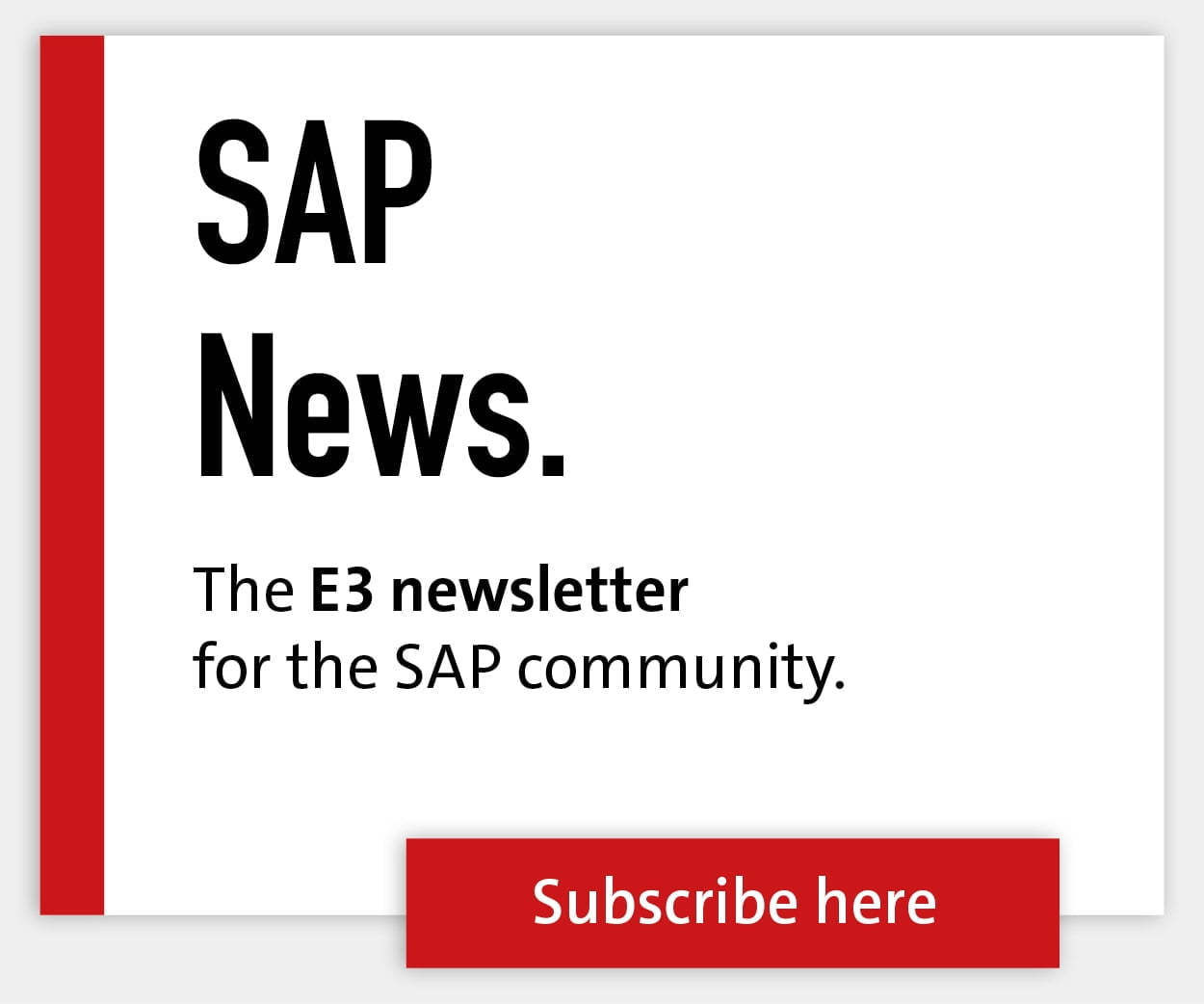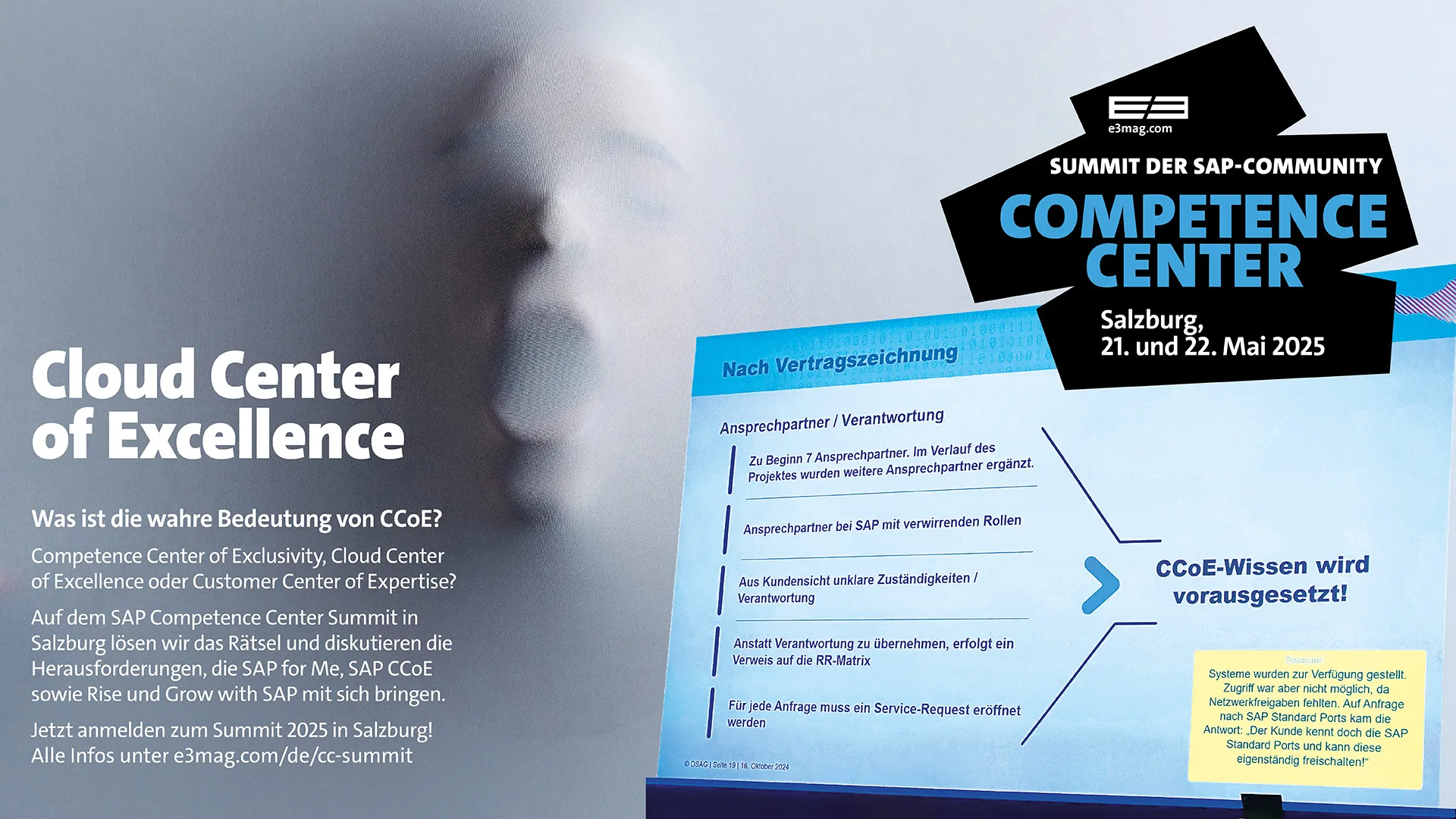Licenses - Let's talk turkey

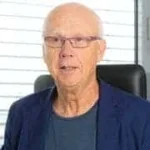
To the extent that SAP requires licenses for third-party applications in order to prevent so-called multiplexing, this is certainly not objectionable from the partners' point of view.
This prevents partners from simply adding their own UI to a solution developed by SAP, for example for invoice or order processing, and earning profits for this, in which SAP, as the actual solution developer, has no share.
"Inch" on add-ons
In the meantime, however, SAP has gone far beyond this goal. In the meantime, one can almost get the impression that the company wants to levy a kind of "duty" on the data exchange of add-ons with SAP in order to better control access to the data processed in SAP and to be able to participate financially in the added value that the add-ons create for the customers.
How else can it be explained that customers who have already purchased a license for the NetWeaver runtime environment to run their SAP applications need additional NetWeaver licenses to run third party applications in this same NetWeaver environment?
Some SAP sales people, with their annual revenue targets in mind, don't bother to differentiate in their license requirements. With Tangro, most of the time half of the workflow users are only involved in an invoice release.
This is based exclusively on Tangro documents without access to SAP applications and data. This means that this scenario is ruled out from the outset for subsequent license requests.
Nevertheless, the customer is confronted with unjustified claims for all workflow users. It is especially annoying when this happens during contract negotiations between Tangro and the customer or prospective customer.
SAP backs up its demands for financial participation in the added value created by the add-ons in its list of prices and conditions. Here { "use". than the "Performing the process function of the Software, loading, executing, accessing, using the Software, or displaying data resulting from those functions." designated.
Thereby the { "use". of the SAP software according to the SAP definition "be made through an interface provided with or as part of the Software, through an interface provided by Customer or a third party vendor, or through another intermediary system".
According to the definition of { "use".In other words, if the add-on triggers a process function in the SAP system, the use of the add-on is subject to approval and fees, as SAP understands it. This view is controversial in legal circles.
Indirect use only rarely subject to licensing
According to Jürgen Beckers, attorney and owner of the law firm Rechtsanwälte BDH in Darmstadt, which specializes in software and IT law, a clear mainstream has now formed among legal experts that considers indirect use to be subject to licensing only in very limited cases.
This legal opinion is derived, inter alia, from the 10th recital of Directive 2009/24/EC on the legal protection of computer programs.
It states: "The function of computer programs is to interface and operate with the other components of a computer system and the users."
The indirect use of software by third-party programs, according to many legal experts, therefore belongs to "intended" and thus license-free use.
What does the new SAP price list bring?
With the aim of taking the wind out of the sails of the previous discussion on the licensing requirement for indirect use in the future, SAP published a new price list and the whitepaper "SAP ERP Pricing for the Digital Age." brought out.
There is no longer any mention of indirect use. According to the new definition, a { "use". of SAP software is always given when a processing activity of the SAP software is triggered - whether by people or things, i.e. third-party applications.
In the future, documents or transactions will be the basis for calculating the license fee for such "digital access".
Licensing problem remains
In this way, SAP apparently wants to secure its licensing income even in the digital age, which is based on the networking of systems and machine-to-machine communication.
For SAP business partners - whether development partners or user companies - the SAP licensing policy thus remains a problem because the SAP licensing costs triggered by networking third-party applications with SAP are still difficult to calculate and, in case of doubt, far too high due to the considerable scope for discretion.
For Tangro as an application developer, this SAP licensing policy results in a clear strategy. Of course, we continue to support SAP as a platform - but only where it makes sense for us and our customers.
For example, we offer our SAP solutions for document entry processing for the SAP ERP system and, of course, also for S/4 Hana. However, Tangro will not use the SAP cloud platform as a strategic platform for future developments - thanks to the Tangro application architecture with its patented development method based on process modeling and high reuse.
Development independent of SAP
Currently, the architecture is only used in the SAP environment in the development of our document inbox processing solutions. However, the application architecture is fundamentally independent of the runtime environment.
We will therefore develop our new SaaS solutions in the cloud completely independently of SAP - and not on a cloud platform offered by SAP.
